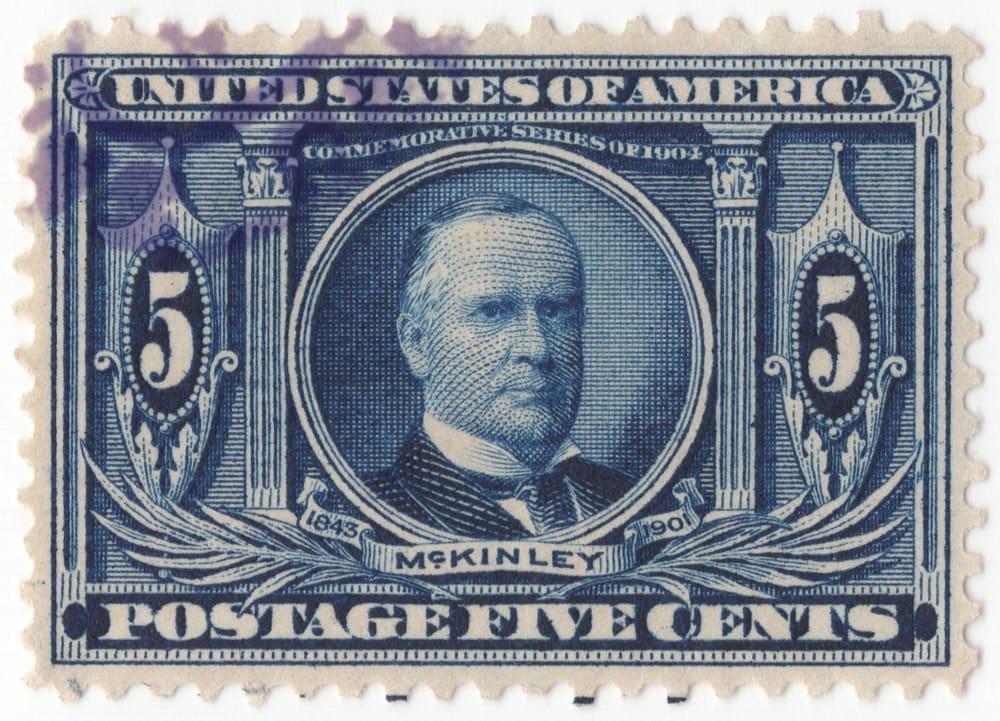William McKinley once stood as a largely uncelebrated leader of the past until his economic strategies found renewed interest in modern times. His advocacy for tariffs has captured the attention of contemporary figures, notably Donald Trump, who regards McKinley as a ‘great president.’
During his tenure, McKinley earned the moniker ‘tariff king’ due to his strong stance on imposing tariffs. His legislative triumph, the 1890 tariff bill, set rates on imported manufactured goods at approximately 50%, a move aimed at protecting American industries. While Trump praises this strategy, experts like Douglas Irwin, a Dartmouth economics professor, argue that technological innovations and the influx of labor through immigration were more critical to economic prosperity.
Irwin highlights that the era’s economic expansion was largely fueled by advancements such as electricity, telecommunications, and railroads, rather than tariffs. Additionally, McKinley himself acknowledged that tariffs were a tax on American consumers, contrasting with recent claims attributing the financial burden to foreign producers.
In the 19th century, tariffs formed a significant portion of government revenue, unlike today. Back then, these import taxes, alongside excise taxes on goods like alcohol, funded the government, even before the advent of income taxation. However, such revenue streams were sufficient due to the small scale of federal expenditures and minimal military spending.
Interestingly, McKinley began to shift his views on tariffs later in his presidency. Just before his assassination in 1901, he proposed pivoting towards free trade, encouraging the exportation of American goods globally. This change of heart aimed at leveraging the country’s manufacturing capabilities beyond protectionist policies.
Following McKinley’s untimely death, his successor Theodore Roosevelt largely maintained existing tariff policies, though these tariffs became less pivotal over time. By the conclusion of World War II, tariffs contributed to less than 2% of federal revenues, cementing their reduced significance in the broader fiscal landscape.
William McKinley’s legacy is complex, intertwined with economic policies that continue to evoke discussion and reinterpretation in current political climates. Regardless of differing opinions on their impact, McKinley’s era signals the beginning of a transformative economic period driven by more than just tariffs.








